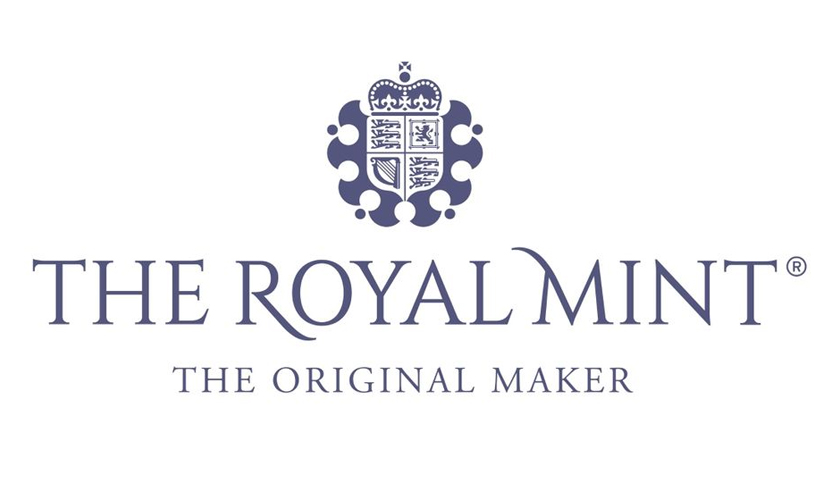As part of its commitment to sustainability, The Royal Mint has announced its science-based net zero targets have been officially validated by the Science Based Targets initiative (SBTi). SBTi is the global body enabling businesses to set ambitious greenhouse gas (GHG) emissions reduction targets in line with the latest climate science, to prevent the worst effects of climate change. Britain’s oldest company is transforming for the future and has committed to reaching net zero GHG emissions by 2050 across its own operations and within its supply chain, with more near…
Read MoreTag: Science Based Target initiative
Puma commits to 35% reduction in carbon emissions by 2030
Sports company PUMA aims for a 35% reduction of its greenhouse gas emissions by 2030, a target which was approved by the Science Based Target initiative (SBTi). With a science-based target, a company ensures that it reduces greenhouse gas emissions sufficiently to meet the goals of the Paris Agreement, which aims to limit global warming to well-below 2°C above pre-industrial levels. PUMA has committed to reduce emissions from owned and operated facilities, as well as its energy needs (Scope 1 and 2 emissions) by 35% by 2030 compared to 2017.…
Read MoreBurberry announces science based targets, expanding our ambition to build a more sustainable future for fashion
Building on the environmental targets already included in their Responsibility strategy to 2022, Burberry have set two new, ambitious climate goals approved by the Science Based Target initiative (SBTi): Reduce absolute scope 1 and 2 greenhouse gas emissions 95% by 2022 from a 2016 base year Reduce absolute scope 3 greenhouse gas emissions 30% by 2030 from a 2016 base year The scope 1 and 2 target focus on emissions from their direct operations (including electricity and gas consumption at their stores, offices, internal manufacturing and distribution sites), while the…
Read MoreAllianz drives change toward a low-carbon economy with an ambitious climate protection package
The Allianz Group is significantly expanding its climate strategy and has announced commitments to actively support the global change to a low-carbon economy over the coming decades. Allianz is one of the first insurance companies to set itself long-term climate goals which are linked to the two-degree target of the Paris Climate Agreement. By 2040, in a step by step process, Allianz will have phased out both its proprietary investments in coal-based business and its insurance coverage of such risks. In addition, the company will reduce the carbon footprint of…
Read More


